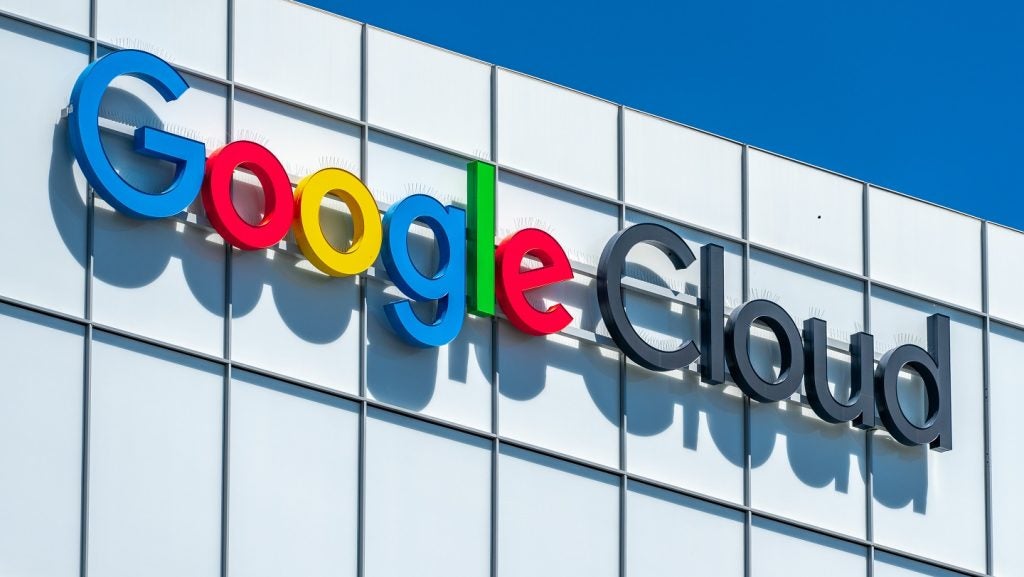US-based healthcare companies HCA Healthcare, Hackensack Meridian Health (HMH) and Huma Therapeutics have partnered with Google Cloud to incorporate generative AI capabilities into healthcare.
HCA Healthcare is using Google Cloud's generative AI technology with the aim to streamline workflows and reduce administrative tasks.
The collaboration involves using AI to enhance clinical documentation, partly by converting spoken medical information into accurate notes using Augmedix's application, which is powered by Google Cloud's generative AI and natural language processing.
It also covers the automation of patient handoffs between nurses using Google Cloud's large language models (LLMs).
New Jersey-based health system HMH has expanded its collaboration with Google Cloud to implement generative AI solutions.
These AI tools are expected to improve administrative efficiency, support clinical decisions and create personalised patient experiences.
By making use of data insights and AI technology, HMH aims to enhance its patient care while complying with healthcare privacy regulations through Google Cloud's Vertex AI platform.
HMH CEO Robert C Garrett said: "Generative AI has the potential to revolutionse how we deliver care, making it more efficient, personalised and effective.
"Artificial intelligence, coupled with experienced clinicians, will be a game-changer for our nation's healthcare system and potentially revolutionise how we deliver and receive care."
Digital health technology firm Huma Therapeutics has also partnered with Google Cloud to enhance its disease management platform using generative AI.
The partnership will involve automating clinical summary reports in an effort to improve data triaging processes and reduce administrative tasks for healthcare professionals.
In addition, Huma intends to incorporate Google's specialised Med-PaLM 2 AI tools for optimised care insights.
Huma chief medical officer Dr Mert Aral said: “We are tremendously excited about this partnership and the opportunity to explore how we can harness the power of Med-PaLM 2, assessing it across different use cases to drive better triaging and care optimisation for patients.”















